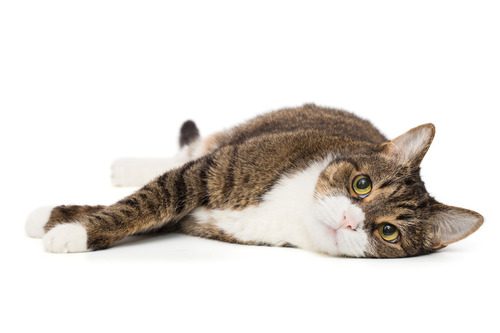What Is a Normal Cat Heart Rate?
Understanding your cat’s heart rate is a key aspect of ensuring their health and well-being. At Apex Vets, located in Silver Spring, MD, we believe in empowering pet owners with knowledge to recognize the signs of a healthy cat. This blog aims to shed light on what a normal heart rate for cats looks like, why it’s important, and when to reach out to your local vet for advice.

Understanding Your Cat’s Heart Rate
A cat’s heart rate can tell a lot about their current health status. Normally, a healthy cat’s heart beats between 140 and 220 times per minute. This range can vary depending on several factors, including age, size, and activity level. Recognizing what’s normal for your cat can help you detect potential health issues early.
Keeping Your Cat’s Heart Healthy
Maintaining a healthy heart for your cat involves regular veterinary check-ups, a balanced diet, and sufficient exercise.
Factors Affecting Cat Heart Rate
Several factors can influence your cat’s heart rate. Understanding these can help you better interpret the numbers and know when it’s time to consult with a vet.
- Age and Activity Level: Kittens and younger cats often have higher heart rates. The same goes for cats in a state of excitement or stress.
- Size and Breed: Some breeds and smaller cats may naturally have a faster heart rate.
- Overall Health: Illness, stress, pain and environmental factors can all affect heart rate.
How to Check Your Cat’s Heart Rate
Checking your cat’s heart rate can seem daunting, but with patience and practice, it becomes easier. Here’s a step-by-step guide:
- Choose a calm moment when your cat is relaxed.
- Gently hold your cat or have them lie on their side.
- Place your hand on the left side of their chest, behind the front leg, to feel the heartbeat.
- Use a stopwatch to count the number of beats in 15 seconds, then multiply by four to get the beats per minute.
If you’re unsure or unable to measure your cat’s heart rate, or if the number seems off, it’s a good idea to contact a veterinarian for guidance.
Why Monitoring Heart Rate Is Important
Monitoring your cat’s heart rate is an excellent way to keep tabs on their health. A heart rate that’s too fast, too slow, or irregular can be a sign of underlying issues. It allows you to seek timely veterinary care, potentially preventing more serious conditions from developing.
When to Contact Apex Vets
- Persistent High or Low Heart Rate: If your cat’s heart rate consistently falls outside the normal range.
- Behavioral Changes: Lethargy, decreased appetite, or unusual behavior coupled with heart rate changes.
- Signs of Distress: Difficulty breathing, fainting, or any signs of pain.
If you notice any of these signs, contact a veterinarian. We’re committed to providing top-notch care for your cats. Our team of experienced professionals is here to answer your questions and address your concerns.
